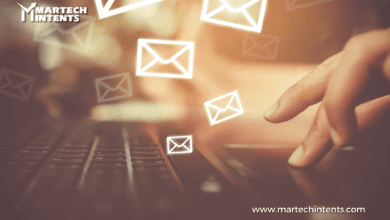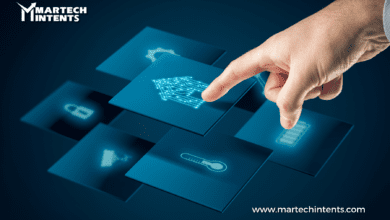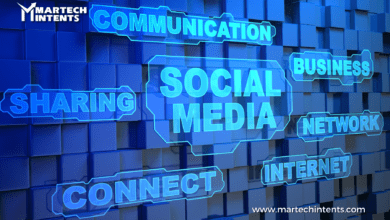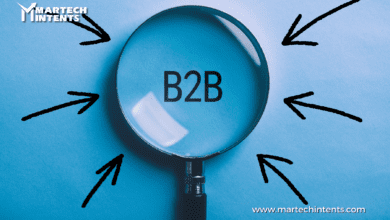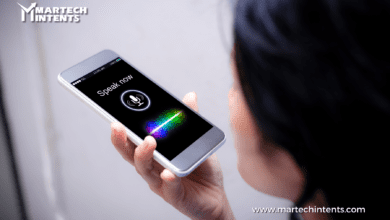Power Up Your Sales with Ecommerce Marketing Automation
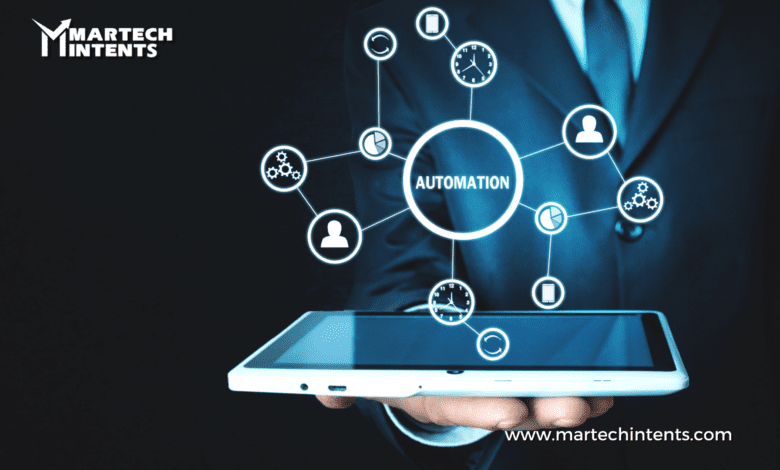
In the fast-paced world of e-commerce, keeping customers engaged and driving conversions requires constant effort. Ecommerce marketing automation offers a game-changing solution by automating repetitive tasks, personalizing customer journeys, and ultimately boosting your online store’s bottom line.
By leveraging e-commerce marketing automation, you can streamline your marketing efforts, nurture leads more effectively, and watch your sales soar.
Why Automate Your Ecommerce Marketing Automation?
Ecommerce marketing automation offers a multitude of benefits for online store owners:
Streamlined Workflows: Automate repetitive tasks like abandoned cart emails, order confirmations, and personalized product recommendations, freeing up your time for strategic initiatives.
Personalized Customer Experiences: Deliver targeted email campaigns, product recommendations, and website content based on customer behavior and purchase history, fostering deeper engagement.
Increased Customer Retention: Nurture leads with automated email sequences and win-back campaigns to retain existing customers and drive repeat purchases.
Boost Sales and Conversions: Personalized marketing automation can influence customer purchase decisions and lead to higher conversion rates for your online store.
Improved Efficiency and Scalability: Automate tasks and manage a larger customer base efficiently as your e-commerce business grows.
Data-Driven Insights: Gain valuable data and insights from customer behavior to optimize your marketing campaigns and website for better results.
Key Features of Ecommerce Marketing Automation
Ecommerce marketing automation offers a robust set of features specifically designed for online stores:
Abandoned Cart Recovery: Automatically send personalized emails to customers who abandon their carts, reminding them of their forgotten items and encouraging them to complete the purchase.
Email Marketing Automation: Design targeted email campaigns based on purchase history, browsing behavior, and customer preferences to nurture leads and promote new products.
Personalized Product Recommendations: Recommend relevant products to customers based on their past purchases and browsing activity, increasing upsell and cross-sell opportunities.
Customer Segmentation: Segment your audience based on demographics, behavior, and interests to deliver highly targeted and relevant marketing messages.
Triggered Emails: Automatically send emails based on specific customer actions, such as welcome emails for new subscribers or re-engagement emails for inactive customers.
Marketing Analytics and Reporting: Track key metrics like open rates, click-through rates, and conversion rates to measure campaign performance and optimize your marketing strategies.
Getting Started with Ecommerce Marketing Automation
Here are some initial steps to leverage e-commerce marketing automation:
Identify Your E-commerce Goals: Clearly define your online store’s marketing objectives (e.g., increase sales, acquire new customers, improve customer retention) to guide your automation strategy.
Understand Your Customers: Analyze customer data and segmentation to understand their behavior, preferences, and buying journeys.
Choose the Right Marketing Automation Platform: Select a platform that offers e-commerce specific features and integrates seamlessly with your existing e-commerce platform and CRM.
Develop Automated Workflows: Create automated workflows for key customer touchpoints, such as abandoned carts, post-purchase follow-ups, and win-back campaigns.
A/B Test and Optimize: Continuously test different variations of your automated campaigns and optimize them based on performance data to achieve the best results.
Taking Your E-commerce Marketing Automation to the Next Level
Here’s how to unlock the full potential of e-commerce marketing automation:
Personalize Beyond Product Recommendations: Personalize your entire customer journey, from email greetings to website content, to create a more engaging brand experience.
Leverage Customer Reviews and Testimonials: Showcase positive customer reviews and testimonials within your automated emails and website to build trust and credibility.
Integrate Social Media Marketing: Integrate your marketing automation platform with social media platforms to automate social media posts and engage with your audience across various channels.
Optimize for Mobile Devices: Ensure your automated emails and website are mobile-friendly, as a significant portion of e-commerce purchases happen on smartphones and tablets.
Learn more about How to Choose a Marketing Automation Platform for Your Small Business
Conclusion:
Ecommerce marketing automation is no longer a luxury; it’s an essential tool for e-commerce businesses of all sizes. By automating repetitive tasks, personalizing customer interactions, and gaining valuable marketing insights, e-commerce marketing automation empowers you to streamline your marketing efforts, nurture leads effectively, and achieve sustainable growth for your online store. Embrace the power of automation and watch your e-commerce business flourish!
